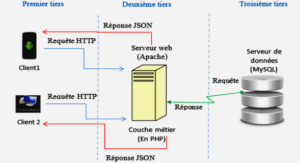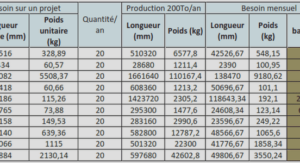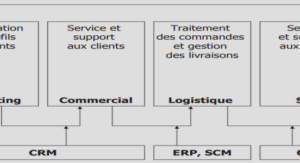Intergovernmental Conference
This conference was a follow-up to the conference held in Strasbourg in 2006 which launched the project on the languages of education. The central, overall aim of the project is to support member states when seeking to raise achievement in language. The intention is to develop a common framework of reference document to aid the development of policy and practice which will address key issues related to the language of schooling1, including those pertaining to language as subject and language across the curriculum. The intention is also, in due course, to integrate into a general framework for the Languages of Education perspectives on foreign language teaching other languages present in education and the substantial work in this area that has already been undertaken by the Language Policy Division of the Council of Europe (see diagram in Appendix ).
Summarising the conference is in some ways fairly straightforward because there was a clear focus on key themes. However a short summary cannot easily do justice to the complexity of the issues as addressed in the presentations, group work and discussions. The complexity arises partly from the diverse issues which the project is intended to embrace. For example, language as subject has wide-ranging aims and content in its own right, and the inclusion of language across the curriculum introduces a further layer of complexity. However the complexity also arises from a tension between what could be seen as competing expectations: The conference began and ended with a reiteration of the centrality of values, also reflected in one of the key pre-conference publications, A European Reference Document for Languages of Education? It has been firmly accepted from the inception of this project that language plays a crucial role in ensuring cultural diversity, democratic citizenship and social inclusion. The promotion of human rights and democracy is central to the mission of the Council of Europe, and the development of competence in the language of schooling is essential to ensuring the right to education for all through equal access to the curriculum.
This conference also addressed the wider concept of plurality as a significant part of the theoretical underpinning which drives the project. Education systems must be able to handle the different types of plurality which reflect those that exist in the wider society, ranging from a diversity of languages, cultures and social groups to different values and priorities. This presents a particular challenge to schools who must try to ensure that all pupils, whatever their circumstances or background, achieve success. The conference also recognised the trend towards globalisation and harmonisation as, in many ways, a positive phenomenon of the modern world, particularly in a European context with the increasing acceptance of common values related, for example, to democratic citizenship and social inclusion. However concepts of globalisation and standardisation can also have negative connotations, as there is the danger of promoting a form of bland mediocrity and a flattening out of differences. This broad tension between embracing plurality and accepting and promoting unity and harmonisation has parallels with some of the specific challenges facing the languages of education project. This was evident for example in the discussions at the conference on the issue of the specification of common standards and outcomes. One of the challenges for the project is to provide the necessary support for different countries when developing policies without ignoring contingent contextual differences. This means that creating networks and sharing examples of policy development and practice must be key aspects of the project.
The development of a coherent and theoretically sound policy on language development in all its forms is essential for all education systems. However, one of the issues that was reiterated in group work and plenary discussion was the key role classroom teachers play in developing language and ensuring pupil success. This point arose for example in the panel discussion on approaches to supporting disadvantaged learners where several speakers reiterated the importance of professional development for teachers, since a key variable which determines the success of pupils is the quality of classroom teaching. When supporting disadvantaged learners it is important that teachers do not assume a common linguistic repertoire in their classes, that they have detailed knowledge of the strengths and limitations of individual pupils and they are helped to develop effective classroom strategies. The common framework of reference will inevitably be concerned with theory and policy but the implications for practice need to be kept to the fore. A strong vision for the framework document located in a firm foundation of values will help to ensure that means and ends, process and product are properly integrated. For example, a commitment to democratic citizenship will have implications for the way oral work is conducted in the classroom; a commitment to cultural diversity will help to determine approaches to reading. In other words, a statement of values must not be seen merely as an initial stage which then gives way to concerns with specific policy and practice; a commitment to values must infuse every element and stage of the work.





